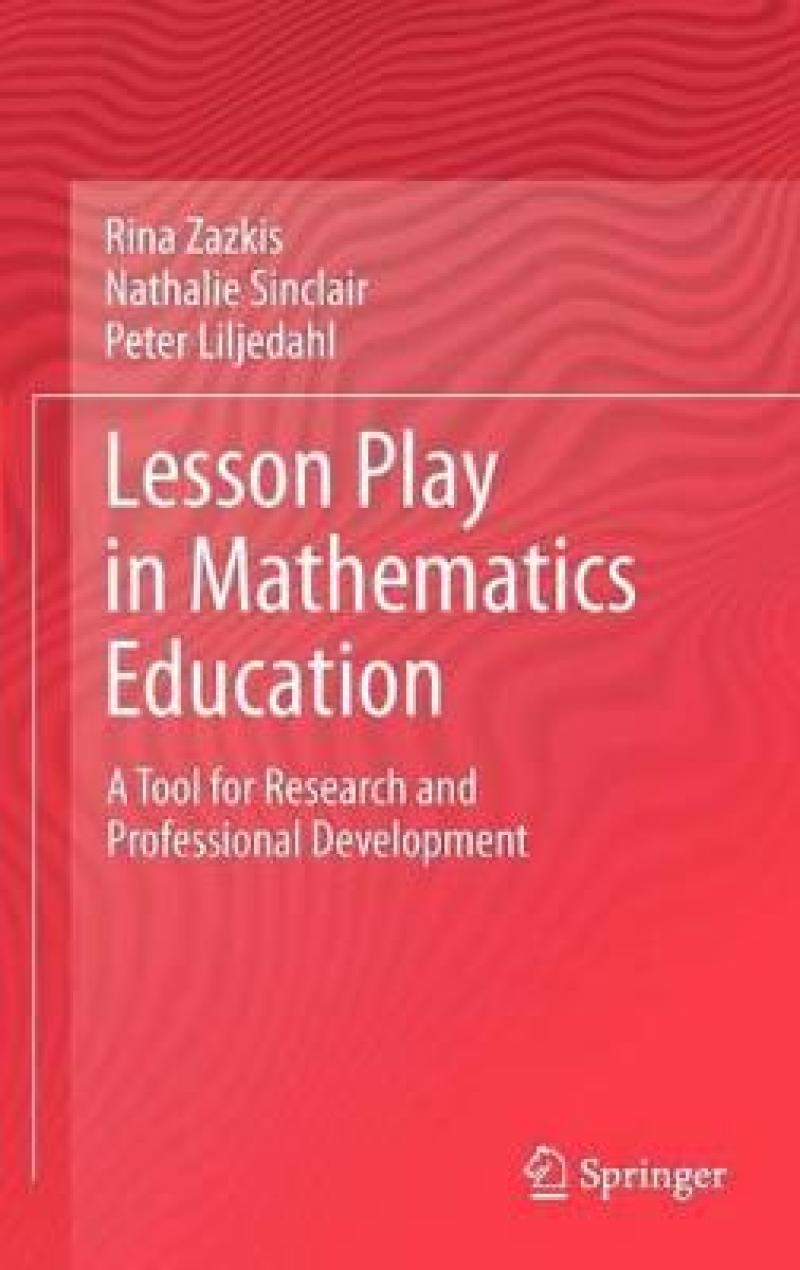<p>From the reviews:</p>“This interesting book gives a comprehensive overview of an innovative tool called lesson play in mathematics education. … this tool helps prospecting and practicing teachers to anticipate interactions or to think about questions and responses. … this book is not only well recommended because of its relevance to teachers, teacher educators or researchers in mathematics education. This book is also worth reading, because it presents an innovative and compelling perspective on the construct of lesson play, that is object of substantial research.” (Florian Schacht, zbMATH, Vol. 1272, 2013)
Produktdetaljer
Biographical note
Rina Zazkis is a Professor at Simon Fraser University in the Faculty of Education and an Associate Member in the Department of Mathematics. Her research interests are in mathematics education at the undergraduate level and teacher education, focusing on the uses of mathematical knowledge in teaching. She conducted extensive research on teaching and learning of elementary Number Theory, which is summarized, in part, in her recent book Relearning mathematics: A challenge for prospective elementary school teachers, published by Information Age Publishing.
Nathalie Sinclair is an Associate Professor at Simon Fraser University in the Faculty of Education, an Associate Member in the Department of Mathematics, and a Canada Research Chair in Tangible Mathematics Learning. Her research interests focus on the use of expressive technologies in mathematics learning, with a growing attention to the primary school years, and on the role of aesthetics inmathematical thinking and learning. Recent books include Essential Understandings of Geometry (Grades 6-8 as well as 9-12), published by the NCTM and Mathematics and Beauty: Aesthetic approaches to teaching children, published by Teachers College Press.
Peter Liljedahl is Associate Professor at Simon Fraser University in the Faculty of Education and an Associate Member in the department of Mathematics. His research interests include instances of creativity, insight, and discovery in mathematics teaching and learning; mathematics and affect; professional growth of teachers; numeracy, and instructional design. He is a former high school mathematics teacher, who has kept his research interest and activities close to the classroom. He consults regularly with schools, school districts, and ministries of education on issues of teaching and learning, assessment and numeracy.
